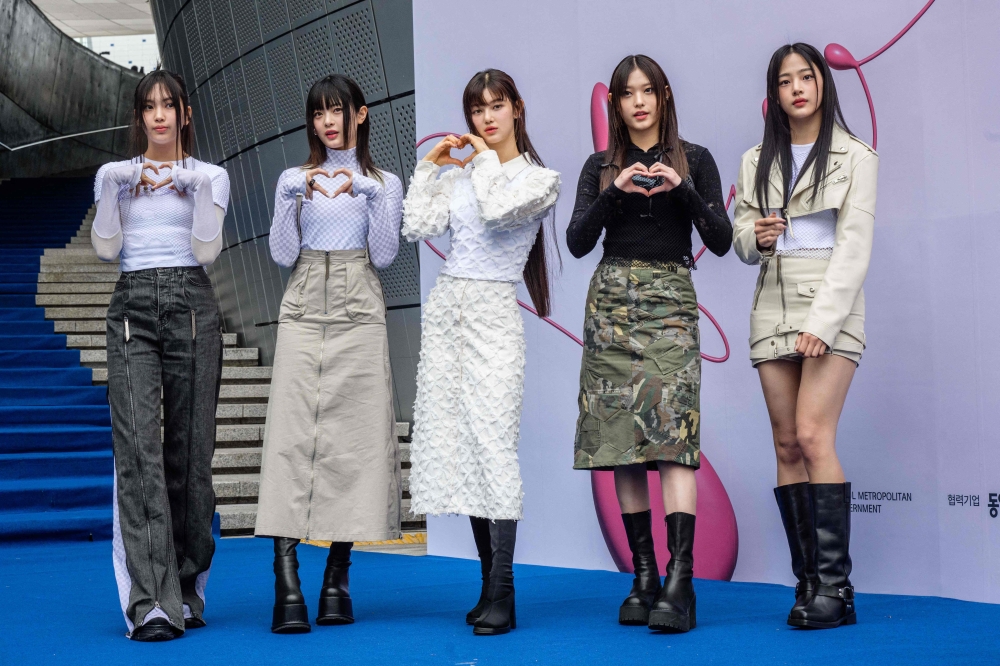South Korea’s K-pop industry has been shaken by a recent feud between HYBE, the agency behind global sensations BTS, and its subsidiary label ADOR, which manages the popular girl group NewJeans. The conflict arose as HYBE launched an audit into ADOR and demanded the resignation of star producer Min Hee-jin, who is accused of plotting to break away from the parent company. This move led to a nearly 10 percent drop in HYBE’s share price, reflecting the significance of the situation.
The tensions between HYBE and Min Hee-jin escalated when she accused another HYBE subsidiary of copying NewJeans in various aspects of their entertainment activities. This accusation further strained the relationship between Min and HYBE, leading to the agency’s decision to investigate ADOR and demand Min’s resignation. Min, who has been instrumental in the success of NewJeans, denied the allegations and expressed her surprise at the situation.
The potential repercussions of firing Min are significant, as she plays a crucial role in managing and overseeing all aspects of NewJeans’ activities. This situation highlights the challenges faced by K-pop groups in South Korea’s entertainment industry, where agencies hold all the power over artists. The dispute between HYBE and Min raises concerns about the impact on NewJeans’ members, particularly considering their young age and emotional vulnerability.
The conflict within HYBE illustrates the fragile nature of intellectual property rights in South Korea’s K-pop industry, where disputes between agencies and producers can jeopardize the success of even the most popular groups. The incident also sheds light on the intense competition and creative tensions that exist within the K-pop ecosystem, where innovation and originality are highly valued. Both HYBE and Min are facing pressure to resolve their differences in a way that ensures the continued success and stability of NewJeans and other artists under their management.
As the situation unfolds, industry experts and analysts are closely monitoring the developments to gauge the potential impact on HYBE, NewJeans, and the wider K-pop industry. The outcome of this conflict could have far-reaching consequences for all parties involved, as well as for the broader landscape of South Korea’s entertainment business. It remains to be seen how HYBE and Min will navigate this challenging period and whether they can reach a resolution that safeguards the interests of all stakeholders and ensures the continued growth and success of their respective ventures.










